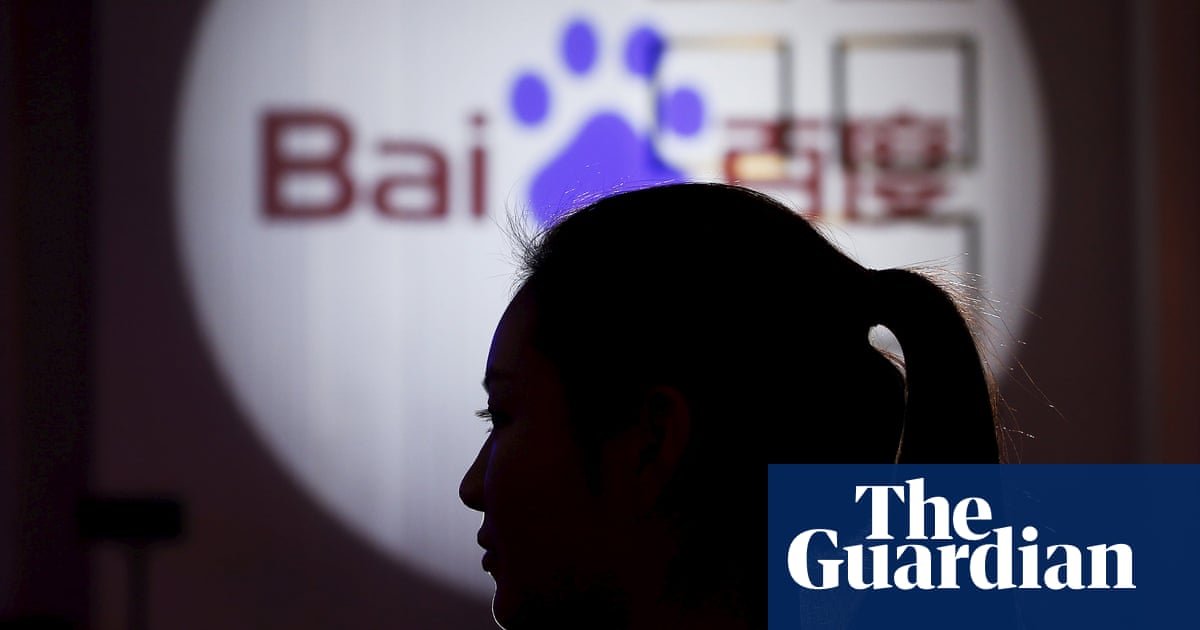
The BBC director general has said he has “kind of banned” referring to its high-profile staff as “talent” as the corporation grapples with the fallout from controversies involving a number of senior presenters.
Tim Davie was speaking after the BBC launched an independent review of its workplace culture after scandals including the one surrounding the disgraced presenter Huw Edwards.
Other controversies have included a furore over the welfare of contestants on the 2023 season of Strictly Come Dancing, and the sacking of the presenter Jermaine Jenas after complaints about his workplace conduct.
Speaking to Nick Robinson on BBC Radio 4’s Today programme, Davie said no one at the corporation was “indispensable”. He told Robinson: “We often refer to people like yourself as talent, but I’ve kind of banned that. You’re a presenter, I’m a leader of the organisation, and we’re here to serve.
“I do think over the last decade or so we’ve seen fundamental changes in the culture in this industry, and it hasn’t been completely unique [to the BBC that] those that have had power in places can often use that in bad ways. I think the BBC is utterly committed – you see us acting in good faith to get at this [issue] – and I would say [it is] important that everyone is treated equally regardless of rank.”
The corporation last week announced the start of an independent review into its workplace culture by Grahame Russell, the executive chair and founder of the management consultancy Change Associates.
The review would “be helpful for us” in “sorting this culture”, Davie said, adding: “It’s about how people deploy power in a workplace, we’ve all seen it, it’s not unique to the BBC. Many good or bad things happen in the new age, but one thing we should take comfort from is that things are improving. People need to speak up and everyone at every level needs to be heard.”
The BBC boss was also asked if there had been progress on Edwards returning the estimated £200,000 salary he was paid between his arrest and leaving the corporation in April. He said there had been “some dialogue with the lawyers, but we’re yet to resolve that issue”, and suggested he was waiting for Edwards to respond.
Asked if he believed the money would be returned, Davie said: “I think the ball is clearly not in my court on that one.”
Edwards pleaded guilty in July to three counts of making indecent images of children, having accessed indecent photographs of children as young as seven that were sent to him by a convicted paedophile. He was given a six-month suspended prison sentence.
Davie was speaking before a speech to the Future Resilience Forum in London, where he appealed to the government to bolster funding of the World Service amid what he called an “all-out assault on truth worldwide” by hostile states and others.
“Bad actors” such as Russia were already moving into the void left by the loss of audiences for the BBC World Service by setting up in places such as Lebanon to pump out “unchallenged propaganda”, said Davie, as he warned that the stakes were high. “We are at a moment of choice. A choice to step aside and allow disinformation to destabilise our societies and disrupt our democracies. Or to fight back and pursue truth.”












